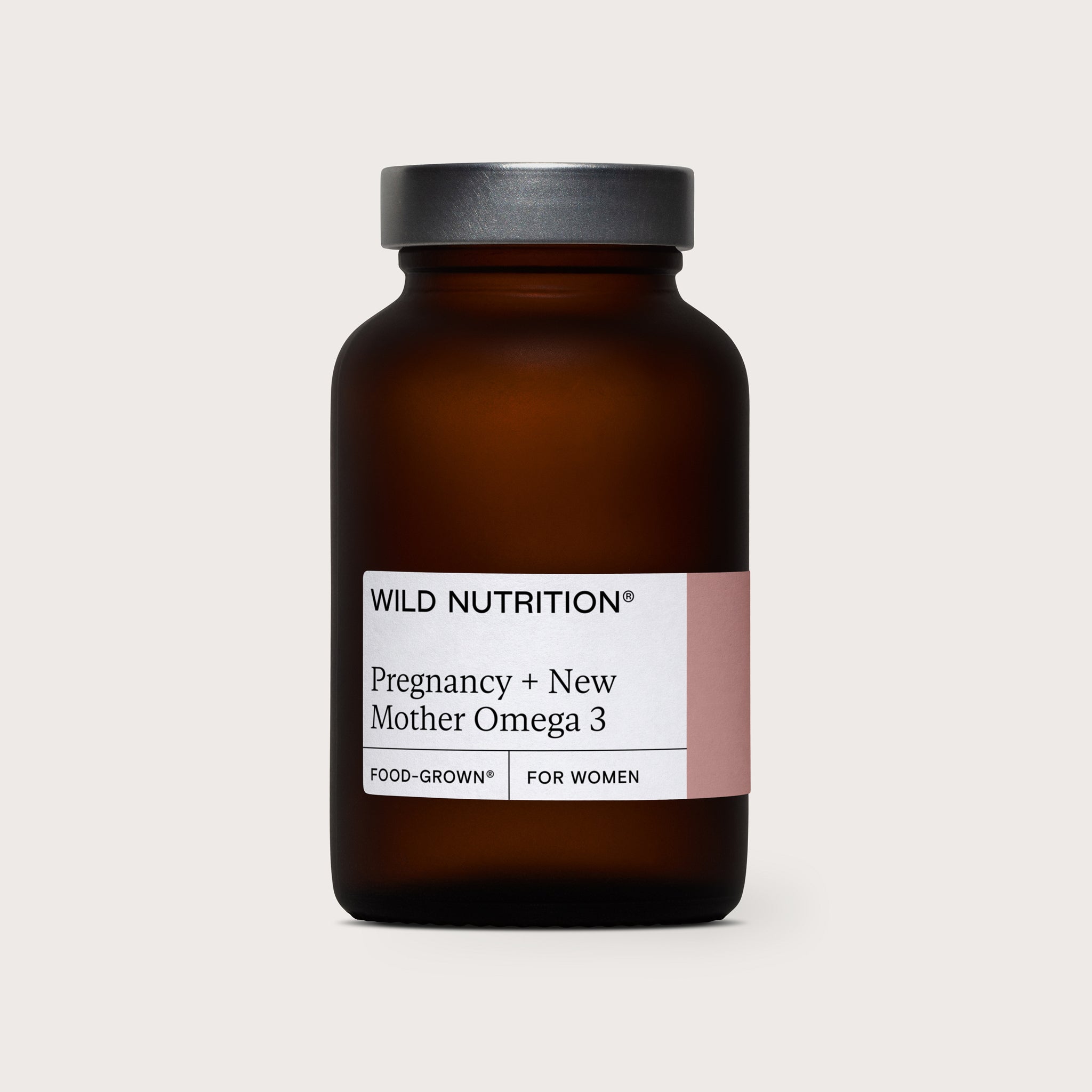
Your First Trimester Guide
When you have just found out you are pregnant, there might be excitement or fear. Arguably this is the most isolating and changeable stage of pregnancy. Some women find it comforting to join an online community and speak with other mothers, such as mumsnet or a friend, about what they are experiencing during this time.
Weeks 0-12
Disclaimer: Everyone's experience and their symptoms are different.
What physiological changes are happening:
Your uterus is growing and will be around the size of a grapefruit by the end of the 12 weeks and you may feel some pressure on your bladder causing more frequent urination.
What your hormones are doing:
Nausea, often one of the first pregnancy symptoms a woman notices, is in part caused by rapidly elevating levels of human chorionic gonadotropin (hCG). This hormone will continue to rise throughout the first trimester then reduce between weeks 12-14. If you are having a multiple pregnancy (more than one baby) your hCG will be even higher and this may result in heightened symptoms.
Relaxin will also be highest in the first trimester and this prevents your uterus from contracting to prevent premature birth. It may also play a role in the implantation and placenta growth during this early stage.
Common symptoms:
Morning sickness: around 75% of women will experience morning sickness at some stage in their pregnancy, most commonly in the first trimester but it can last beyond this. Also, despite the name, it can occur at any stage during the day or evening. Low zinc and B6 are believed to play a role in severity of symptoms so ensure you are including foods rich in these key nutrients. It is important to keep your blood sugar stable as imbalance can also worsen symptoms, so eat little and often and focus on protein-rich options such as: boiled egg and spinach, hummus and carrot or apple and almond butter. If you are experiencing vomiting, ensure you keep well hydrated and eat magnesium rich foods to restore levels. If you are vomiting regularly throughout the day and find eating or drinking triggers it, speak to your midwife as you may be one of the 2% that experience hyperemesis gravidarum, which will require hospitalisation to prevent dehydration.
Headaches: common in the first trimester due to fluctuating hormones, keeping well hydrated and blood sugar levels stable can have a positive impact on symptoms.
Sore breasts: another symptom that can be a tell-tale sign of early pregnancy, caused by hormonal changes and multiplying milk glands. You may need a more supportive soft bra and looser clothing. You may also find a cold compress, clean cabbage leaves, or a warm shower/bath, can help relieve the discomfort.
Insomnia: sleep disturbance in the early months can be down to hormonal changes or racing thoughts or anxious feelings about the pregnancy. Tip: try an epsom salt bath for relaxation and to provide a source of magnesium (an insufficiency of which can be associated with sleepless nights).
What nutrients are most important during this stage:
For nutrients and maternity vitamins important during the entire pregnancy see blog post Nutrition for pregnancy.
Folate: required three months pre-conception to build up stores and for the first trimester of pregnancy, due to its role in preventing neural tube defects such as spina bifida (this process takes place days 24-28 post conception). It also reduces the risk of ‘small for gestational age’ and cleft lip and palate. In pregnancy your blood volume increases and folate is required for new red blood cells and DNA production. Folate is a nutrient we should be consuming day-to-day, so we recommend continuing a pregnancy multi with this in after the first trimester and this is different to folic acid. Folates are naturally occurring in foods, such as leafy greens, whereas folic acid is a synthetic version of this nutrient and often found in highstreet pregnancy multi-vitamins. Sources: Dark leafy green vegetables, brown rice, berries, beans, peas.
Zinc: An important nutrient for hormone balance, including oestrogen and progesterone. It also contributes to healthy cell division which is occurring rapidly throughout the first trimester, as well as supporting white blood cell production for your baby's growing immune system. Low levels of zinc can inhibit folate absorption, whereas optimal levels have been linked to healthy birth weight.
Sources: sunflower and pumpkin seeds, lamb and whole grains.
Iodine: During the first 14 weeks of life your baby doesn't have its own thyroid so will rely on you having healthy levels. It is important for your baby's growth and nervous system and has also been linked to IQ levels. While a varied diet should provide you with adequate iodine, pregnancy does require higher intake and some women start to become deficient and this is seen more often in those following a strict vegan diet, as plant sources levels vary greatly depending on the soil levels where it was grown.
Sources: fish, dairy, eggs, seaweed, some grains.
To prepare for your next trimester read 'Your Second Trimester Guide.'
Key takeaways:
- Eat little and often if feeling sick.
- Include protein, fat and fibre in meals and snacks.
- Try fresh ginger tea to help with feelings of nausea.
- Nap where you can, especially if you are having disrupted sleep, to allow your body sufficient rest.
Reference NHS guidance on what to avoid https://www.nhs.uk/pregnancy/keeping-well/foods-to-avoid/
Further reading:












